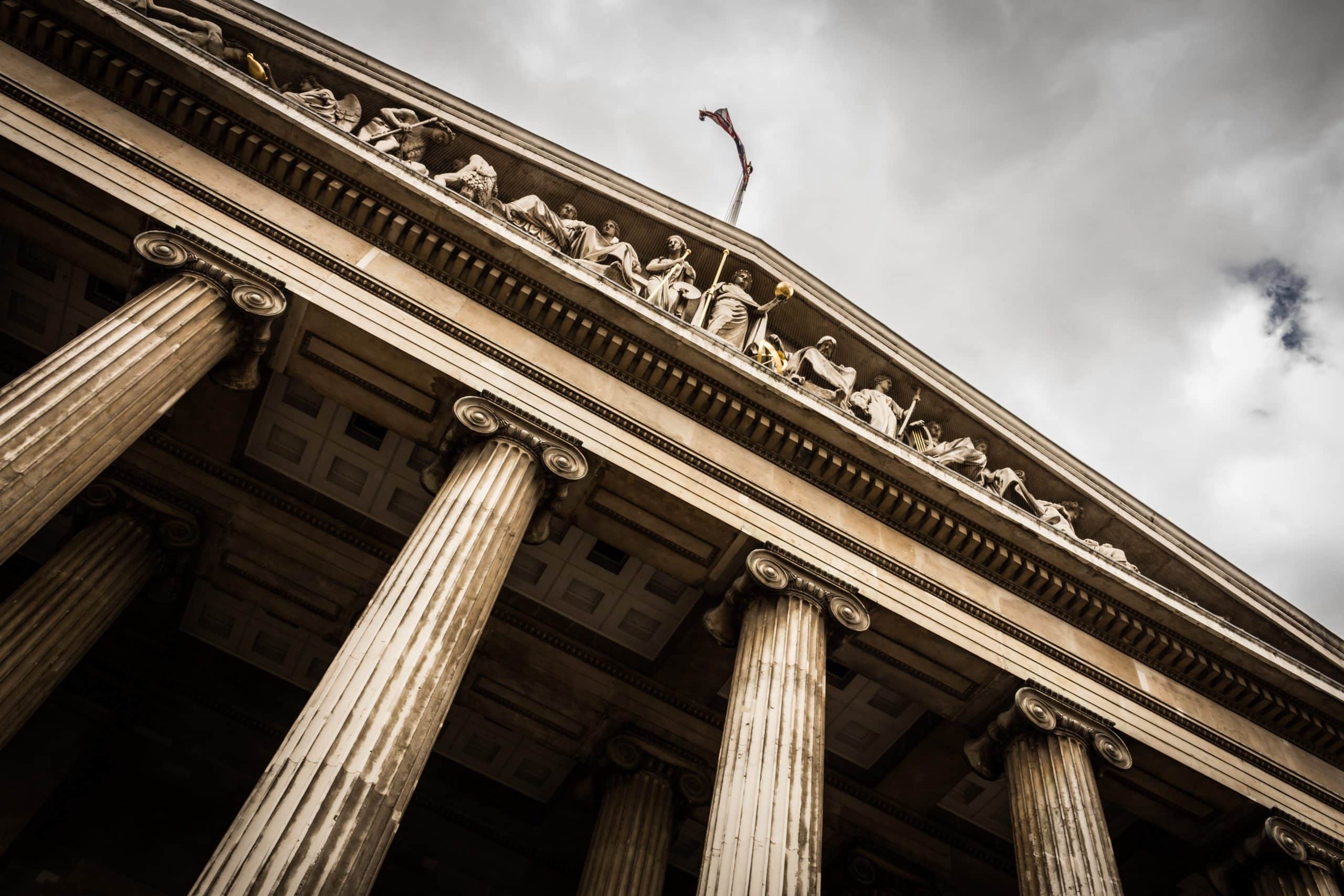Internal transfers at the Digital Currency Group are reportedly being scrutinized by U.S. authorities.
According to a Jan. 7 report from Bloomberg, federal prosecutors are looking into fund flows between DCG and one of its embattled crypto lending subsidiaries, according to people familiar with the matter.
Although the report did not specifically name which DCG subsidiary was the subject of inquiry, it is likely that the lending firm in question is liquidity-strapped Genesis.
The U.S. Attorney’s Office for the Eastern District of New York is leading the probe that is still yet to be made public. The U.S. Securities and Exchange Commission is also conducting its own investigation, another source told Bloomberg.
Genesis halted withdrawals and new originations on Nov. 16, citing an unprecedented number of redemption requests in light of the FTX-related market turmoil. The firm also owes $900 million to users of Gemini Earn, an interest-generating crypto product offered by crypto exchange Gemini.
DCG CEO Barry Silbert has maintained that the Genesis’ liquidity issues are isolated to its lending business, and that DCG would not be impacted by the situation. However, a number of intercompany loans, namely DCG’s $575 million debt obligation to Genesis due in May 2023 and a $1.1 billion promissory note due in June 2032, has raised concerns that DCG may not be as insulated from Genesis’s liquidity crisis.
Gemini co-founder Cameron Winklevoss recently claimed that the $1.675 billion that DCG owes to Genesis is money that Genesis owes to Earn users and other creditors. Winklevoss also stated that DCG and Genesis are “beyond commingled.”
According to Ram Ahluwalia, CEO of Lumida Wealth, Winklevoss has been very deliberate in his choice of words. In a recent episode of Unchained, Ahluwalia explained that in being the primary recipient of loans from Genesis, made with funds borrowed from Gemini Earn, “net-net” DCG had borrowed from Gemini.
Furthermore, he noted that if Genesis was treating the 10-year $1.1 billion note as a current asset on its balance sheet, it would be subject to a callable feature if Genesis was to file for Chapter 11 bankruptcy. This would make the entire sum payable by DCG immediately.



